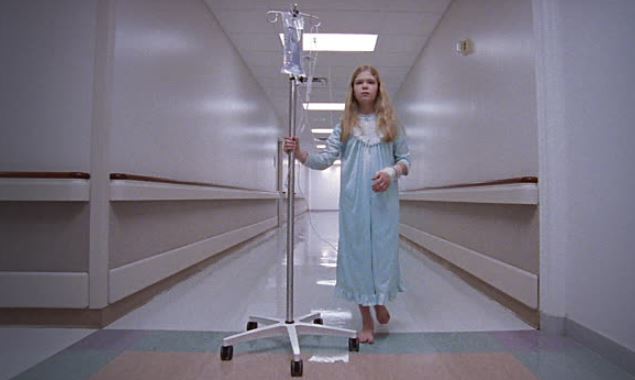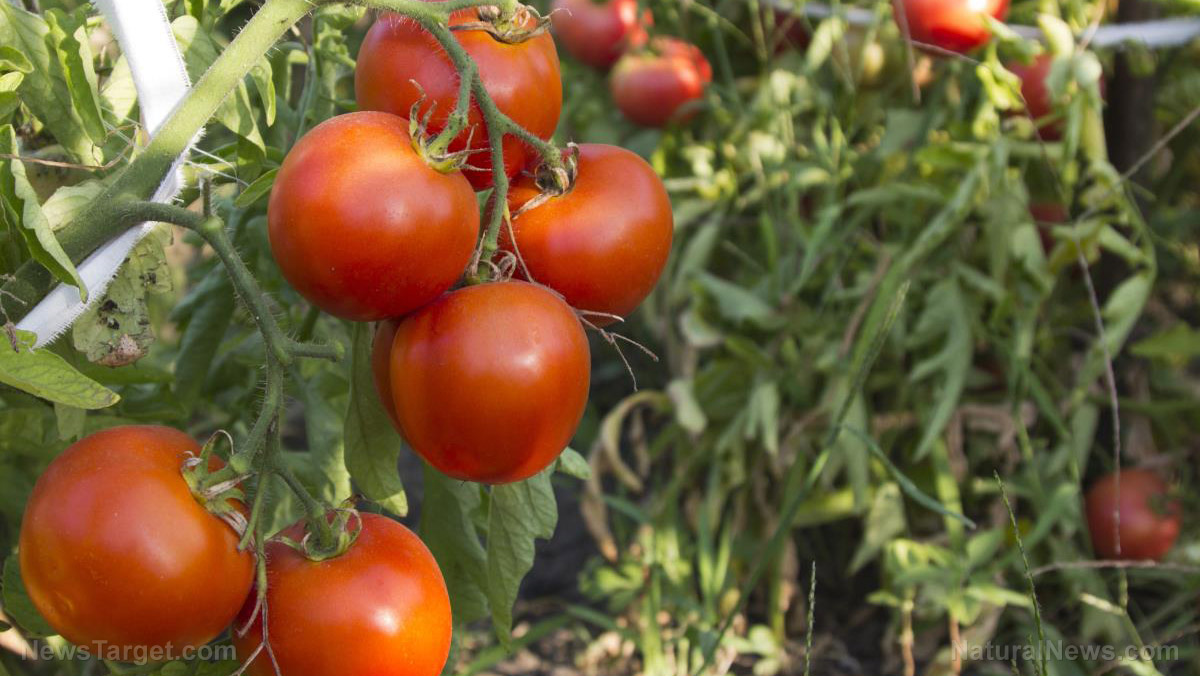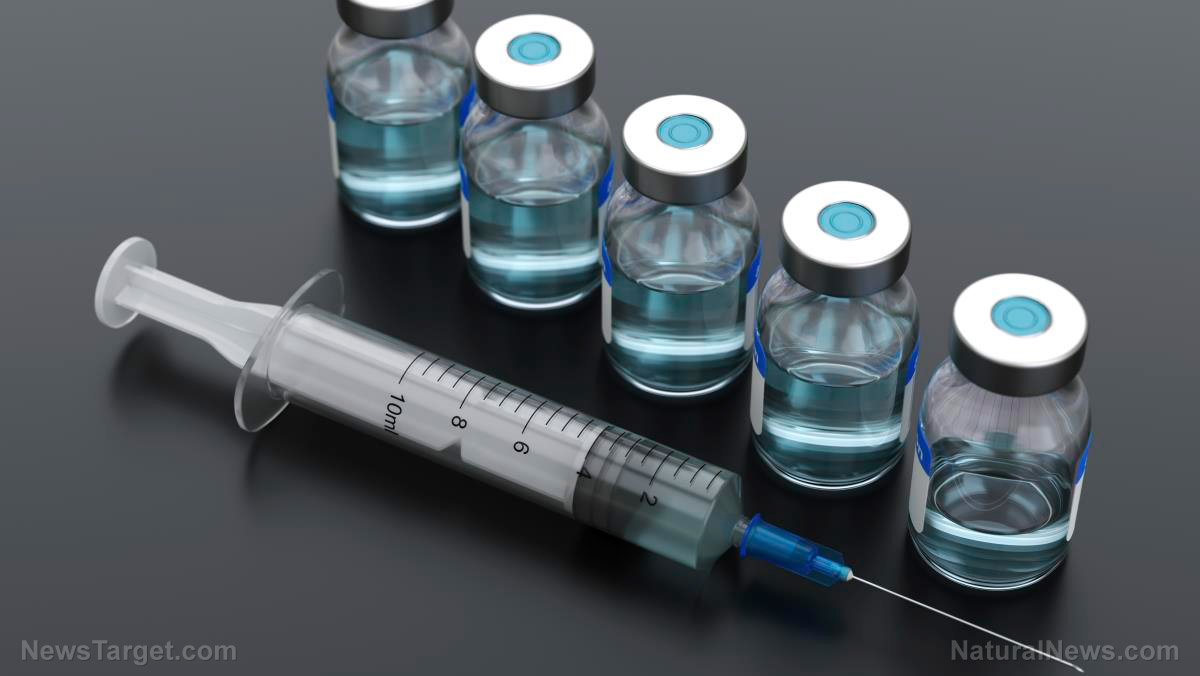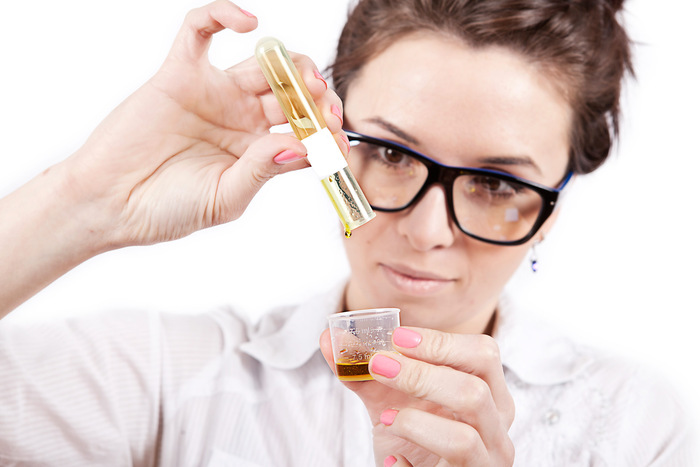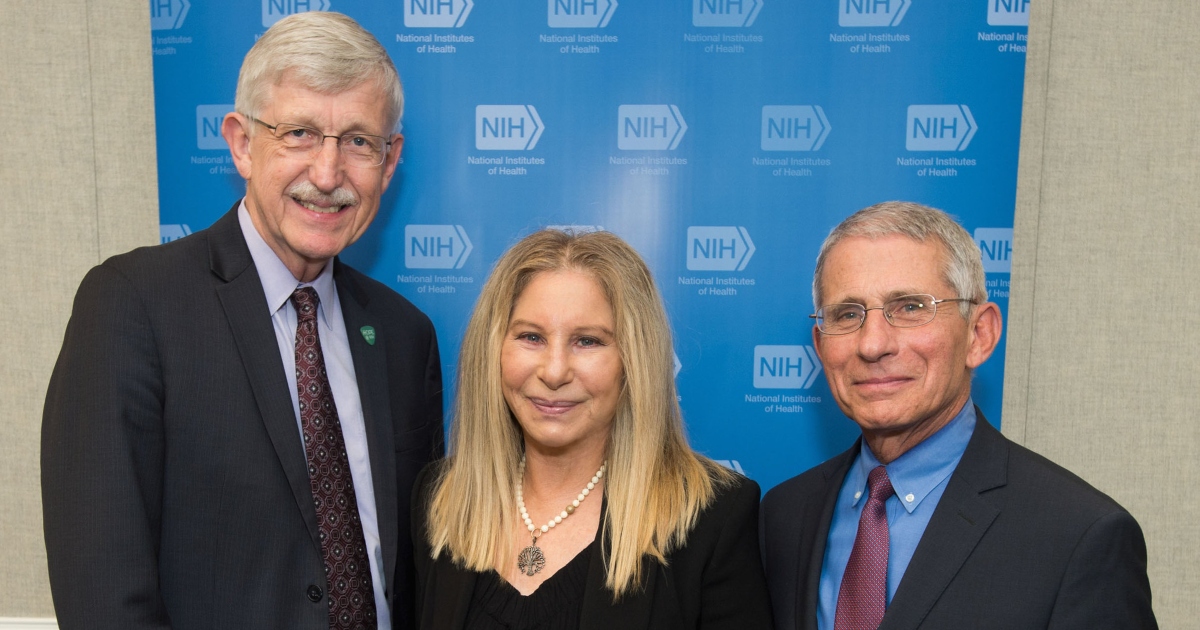Glyphosate and GMOs: Toxic weed killer linked to a HIGHER risk of kidney disease
09/01/2020 / By Virgilio Marin
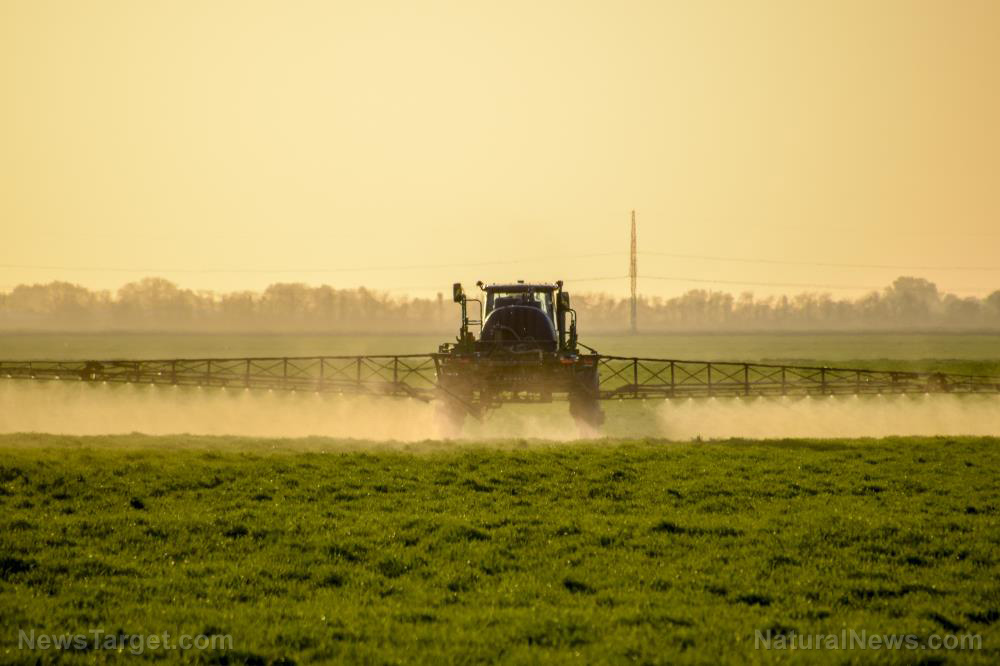
A common disease appears to be striking in Central America and several other countries and it mainly affects farmers. The disease, chronic kidney disease of unknown etiology (CKDu), has baffled experts as to how it develops and why it hit a predominantly agricultural population from the tropics.
Several hypotheses cropped up since it first came to light. One of them is linked to a toxic weed killer, glyphosate, which is produced and patented by Monstanto — the agrochemical company that introduced various genetically modified organism or GMO seeds that spurred global controversy.
Glyphosate was first developed as a cleaning agent for clearing out pipes and boilers until it was discovered by Monsanto, who acquired its patent rights in 1970. For years, the company held exclusive rights to the herbicide and used it as an ingredient to “Roundup,” one of the most widely used herbicides in the world.
Roundup was labeled as a safe herbicide. But things began to turn when weeds became resistant to Roundup, creating the need to add greater amounts of the herbicide. As a result, Monsanto developed glyphosate-resistant GMO seeds so that farmers could use more of the toxic weed killer without damaging the crops.
But it appears that glyphosate, through Roundup, also affected farmers’ health. Many farmers in El Salvador, Nicaragua and Sri Lanka fell sick with CKDu, and many experts posited that the cause is related to herbicide use.
How glyphosate damages the kidneys
The nature of the disease matched well with the toxic properties of herbicides, as well as the daily goings-on of the farmers who are regularly exposed to chemicals.

CKDu destroys kidney tissue until it can no longer filter waste from the blood. This can result in high blood pressure, dizziness, weakness and a slew of other symptoms without dialysis. CKDu mainly damages the renal tubules, which makes and transports urine, and the interstitium, the tissue that covers other structures in the kidneys and helps regulate fluid. But unlike other cases of chronic kidney disease which are commonly caused by hypertension and diabetes, many CKDu patients have neither of those conditions. In fact, several patients are young and otherwise healthy.
This is the same pattern of damage that is caused by certain toxins, which led researchers to suspect CKDu is due to glyphosate.
In a study published in the International Journal of Environmental Research and Public Health, scientists found that the herbicide works by binding with metals in soils such as arsenic and cadmium. It then forms stable compounds in water that do not break down until reaching the kidneys, causing damage to the renal tubules, interstitium and glomeruli — tiny units that clean the blood.
The researchers added that, at least in Sri Lanka, harmful exposure of glyphosate can take the following forms: drinking of hard groundwater, inhalation and skin absorption.
While GMO seeds can withstand glyphosate, farmers have little protection from the toxic herbicide. Furthermore, they have few resources in order to treat and prevent the disease, as dialysis and organ transplants aren’t as accessible in their areas. Instead, many of the patients succumb to the disease while others are rendered unfit to work.
Banning glyphosate
Several countries banned glyphosate due to its links to diseases that also include cancer and autism.
In El Salvador, for example, authorities have prohibited glyphosate along with 52 other chemicals in September 2013. This was after the Center for Public Integrity examined CKDu over the last two years, having recorded many deaths of agricultural workers from Central America’s Pacific Coast, as well as in India and Sri Lanka.
In 2020, Mexico also announced plans to phase out glyphosate over the next four years. The government was compelled to make the decision amid concerns over the toxin’s link to cancer. (Related: Glyphosate: Can you handle the truth?)
Meanwhile, Thailand has also initiated steps to ban other harmful chemicals, only to be filed with complaints by the U.S. and Brazil. Earlier, Thailand already delayed implementing glyphosate ban due to U.S. pressure.
Glyphosate.news has more on the harmful effects of glyphosate.
Sources include:
Submit a correction >>
Tagged Under:
arsenic, cadmium, chemicals, drinking water, glyphosate, glyphosate ban, GMO, herbicide, kidney disease, Monsanto, pesticide, Roundup, Roundup unsafe, toxins, US government, water toxins, weed killer
This article may contain statements that reflect the opinion of the author


